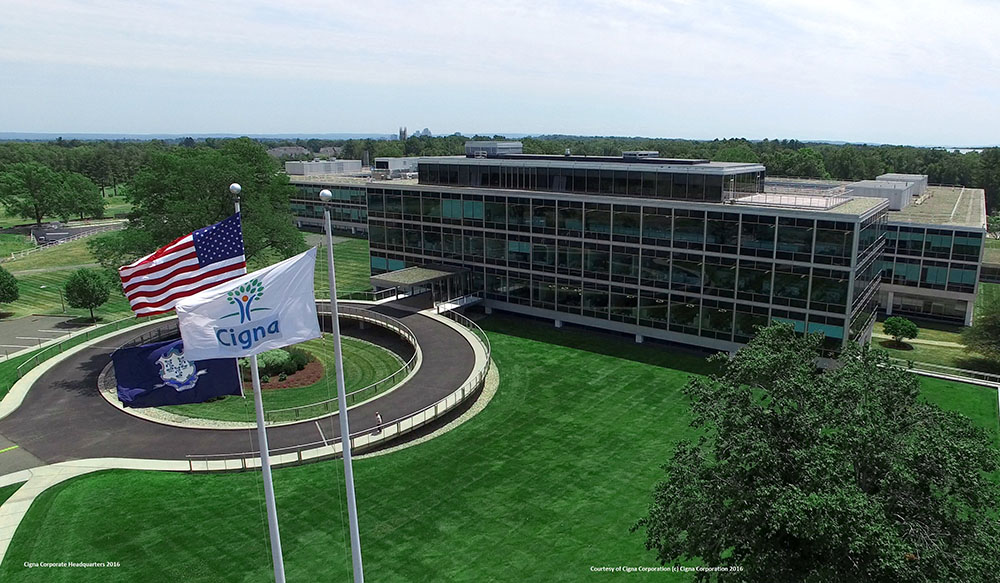The Cigna Group (NYSE: CI) has seen a historic but expected rise in behavioral health benefits utilization in recent years.
These insights, presented by the health care insurance and service conglomerate’s executives, echo others made by UnitedHealth Group (NYSE: UNH) executives on their second-quarter earnings call.
“As it relates to what we’re seeing in terms of trends in terms of utilization, behavioral health has certainly been growing at a strong clip, not just this year, but for the past few years,” Brian Evanko, The Cigna Group’s CFO said Thursday on the company’s second-quarter earnings call. “Part of that is by design as we engage with our customers. And over time, that’s a good thing because the more utilization we see in behavioral health services, [the more] it helps to defray core medical costs.”
Cigna operates two major divisions — Evernorth Health Services and Cigna Healthcare. The former offers pharmacy, care and health benefit services. The latter oversees the company’s commercial, government and international health benefits.
Evanko added that the behavioral health benefit utilization growth was within what the company had forecasted for this and other years.
Cigna CEO David Cordani clarified that this has been going on for three to five years, adding that the increased use of value-based care contracting contributes to the increase in behavioral health spending.
Increased interest and action by Cigna are also at play within its Evernorth division. Codani said Evernorth has grown such services into the “largest virtual behavioral network in America today.”
For example, Evernorth owns MDLive, a multi-specialty telehealth provider where it expects to add more behavioral health investments, and has several partnerships with external behavioral health providers such as Brightline, a virtual youth and family mental health services provider.
Cordani also said that employers have increased their demand for behavioral health solutions but have expressed frustration with the glut of service providers on the market today. He called the latter trend “point solution fatigue.”
“Employers … continue to intensify their focus on having healthy, engaged, highly productive workforces,” Cordani said. “They’re intensifying their focus and need, and awareness of the complex behavioral health needs of their population, inclusive of, but also beyond the more intense behavioral health dimensions.”
Evenorth’s expanding suite of behavioral health services and Cigna Healthcare’s continued evolution of health benefits are focused on meeting that demand while simplifying their client’s employee services.
“Over time, employers have aggregated many individual point solutions that made sense at a given moment in time, but they find themselves stepping back and looking at that inventory, questioning whether or not [whether]: A) they’re getting all the value out of each individual solution; or B) the friction … is worth the value of the fractured point solutions.”
This is a phenomenon seen and commented on at several other health insurance and care companies such as Eleanor Health and CVS Health Corp. (NYSE: CVS).



